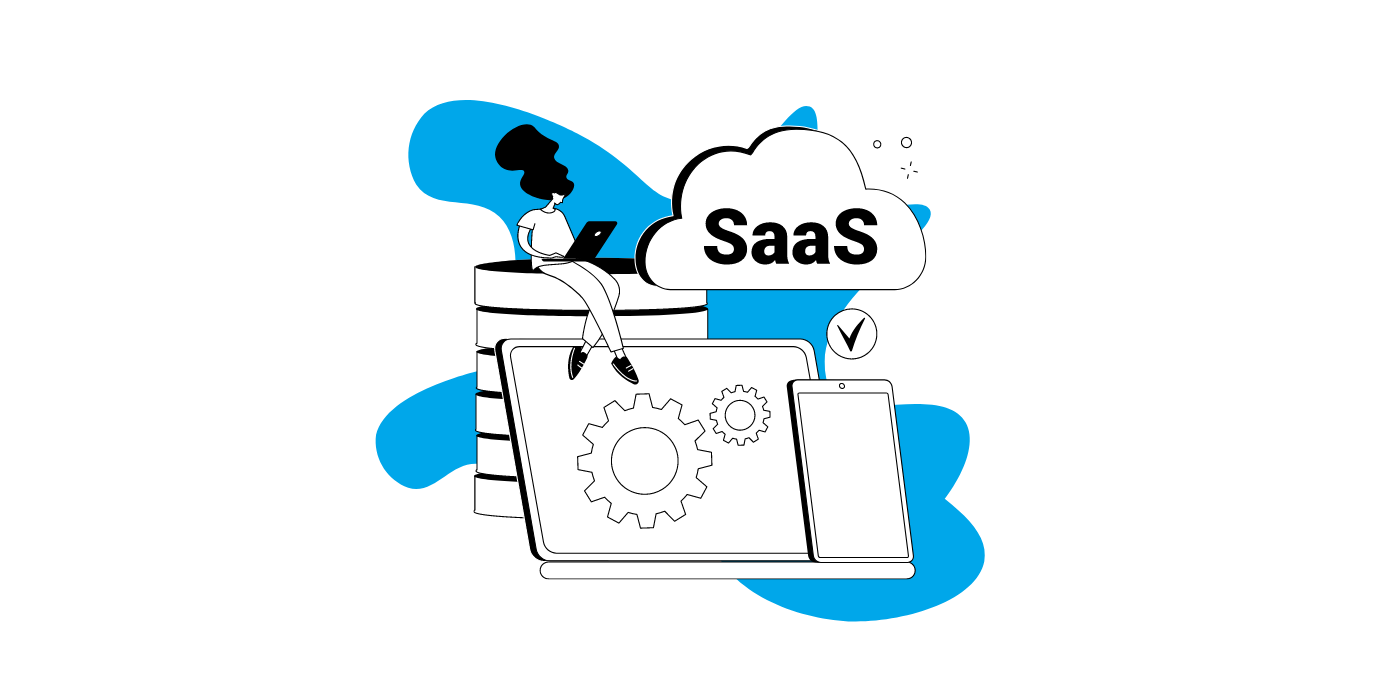
When it comes to measuring marketing performance, it can be challenging to know what the best metrics are. There is no universal set of KPIs that works for every SaaS business and marketing team.
Every organization has different objectives and a different audience to target. As such, you need to understand your business objective first and then devise a plan for measuring marketing success accordingly.
If you don’t know what key performance indicators (or KPIs) are, we’ll give you a quick refresher. A KPI is a metric that measures a company’s performance in relation to a goal.
Marketing KPIs help measure how well your marketing strategy is performing against specific objectives, such as lead generation or cost per lead.
There are a few metrics that are important to track for every SaaS business, regardless of their industry or type of business model.
These metrics include:
It’s important to remember that marketing metrics are usually tied to specific marketing goals.
You need to identify what it is you want to accomplish with your marketing strategy, or you won’t know how to measure your success.
If you’re running a campaign to generate more leads, make sure to know what action you want those leads to take.
If you want leads to sign up for your free trial, make sure your marketing metrics reflect this action.
Another way to think about this is by understanding your buyer persona.
Once you understand these things, you can begin to tailor your marketing strategy to fit your buyer persona.
This ensures that your marketing strategy is effective and that you’re tracking the correct metrics.
One of the most important aspects of digital marketing for SaaS businesses is generating leads.
Whether you’re generating leads through paid ads or you’re generating leads through content marketing, it’s important to track your lead generation metrics.
Let’s look at generating leads through content marketing as an example. If your strategy involves publishing blog posts that generate leads, you need to track the number of people that visit your blog as a result of reading that content.
If you have correctly defined goals in Google Analytics 4, you can quickly verify which marketing activities convert and how. Below is a graph showing the dependence of site visitors from each marketing channel (x-axis) to the number of conversions (y-axis):
Not everyone is a fan of Google Analytics. You can use various types of CRMs to measure the effectiveness of digital marketing activities, and to calculate CPL, CPA, ROAS, ROI.
HubSpot is one such tool. It is very effective in collecting information on the source / medium of obtained leads, additionally, thanks to a very flexible reporting module, you can create a dashboard in which you will collect the necessary information about the effectiveness of marketing activities.
This way, you can know the effectiveness of your content marketing strategy and make adjustments accordingly.
Cost per lead is an important metric to track as well.
The cost per lead is the amount of money you spent to generate each lead.
It’s important to track this metric because you don’t want your marketing strategy to be too costly. You want to make sure your marketing budget is being spent wisely.
If you’ve been investing in paid ads, you need to track the amount you’re spending on a daily basis to generate those leads. You can then track those numbers over time to see if the investments are worth it.
If you’ve been investing in content marketing, it’s a little more challenging to track these numbers. That’s because you can’t really track how much every article you published costs you.
Instead, you need to track the cost per lead over time. You can do this by dividing the total cost of your marketing strategy by the number of leads generated by that strategy.
Marketing campaigns can generate leads, but they can also increase brand awareness.
If you’ve been running media campaigns, you can track how many impressions your ads receive.
You can also track how many people are clicking on your ads. You can do this by measuring brand awareness and ad awareness through social media.
Furthermore, you can track the number of times your brand is mentioned on social media and how many times’ people click on your social media ads.
If you’ve been pushing a freemium model, you can track the number of people who are using your product. You can do this by measuring product usage.
If you’re using Google Analytics to track your KPIs, you can segment your data by different audiences.
This way, you can know how many people are using your product. You can track this information over time to see if there are any increases or decreases in usage.
Measuring marketing KPIs is an important part of any marketing strategy. If you don’t know how effective your marketing strategy is, you won’t know where to make improvements.
That’s why it’s important to track the KPIs listed above. By tracking these KPIs, you can measure how well your marketing campaign is performing and know the areas you need to improve.
If you’re not sure what KPIs to track, make sure you understand your business objective first.
Check out our publications for SaaS products:
Email marketing for SaaS Product: What You Need to Know
Is content marketing in your SaaS company good enough?
How To Structure Your Sales Funnel for SaaS Marketing Success
